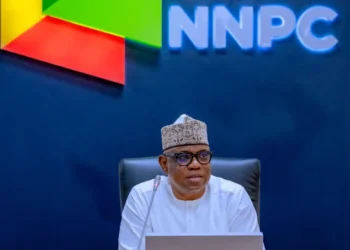The Dangote Refinery is set to begin direct fuel distribution on August 15, reshaping Nigeria’s downstream sector.
Over 25 oil marketers have already signed on, indicating strong industry interest in the refinery’s new distribution strategy.
With just weeks remaining, Dangote Refinery is preparing to launch distribution using 4,000 Compressed Natural Gas trucks nationwide.
At least 25 petroleum marketers have formally partnered with the refinery, significantly up from the original three marketers.
This shift signals growing alignment between independent marketers and the indigenous refinery’s plan for nationwide direct fuel supply.
The refinery announced last month its intention to bypass depots and supply fuel directly to major economic sectors.
Sectors targeted include retail petrol dealers, telecom operators, aviation companies, manufacturers, and large-scale industrial energy consumers.
This new model disrupts Nigeria’s traditional fuel supply chain, previously dependent on depots and independent tanker transportation networks.
While welcomed by marketers, the decision has raised concerns among petroleum tanker drivers fearing widespread job losses.
Many drivers worry that direct distribution will drastically reduce demand for tanker logistics and traditional fuel haulage routes.
Tanker unions have expressed unease about the policy shift, calling for stakeholder dialogue to address potential displacement.
Industry analysts view Dangote’s approach as efficient but stress the importance of managing employment transitions carefully.
With a refining capacity of 650,000 barrels daily, the Dangote plant is Africa’s largest single-train refinery.
It aims to cut fuel imports, stabilize local supply chains, and reduce costs for Nigerian businesses and households.
Experts predict the model could enhance fuel access for manufacturers while reducing delays in product delivery nationwide.
However, analysts caution that major logistics changes require collaboration with labor unions to avoid future supply disruptions.
The Nigerian government has welcomed the project, citing its potential to improve energy independence and reduce import spending.
Marketers involved in the agreement are optimistic about faster fuel access and more predictable pricing from the refinery.
Some stakeholders also hope it inspires similar private-sector-led reforms across Nigeria’s oil and gas infrastructure sector.
As August 15 commencement date for the Dangote Refinery Fuel Distribution nears, stakeholders await Dangote’s launch, which could redefine Nigeria’s fuel supply and logistics ecosystem.





































